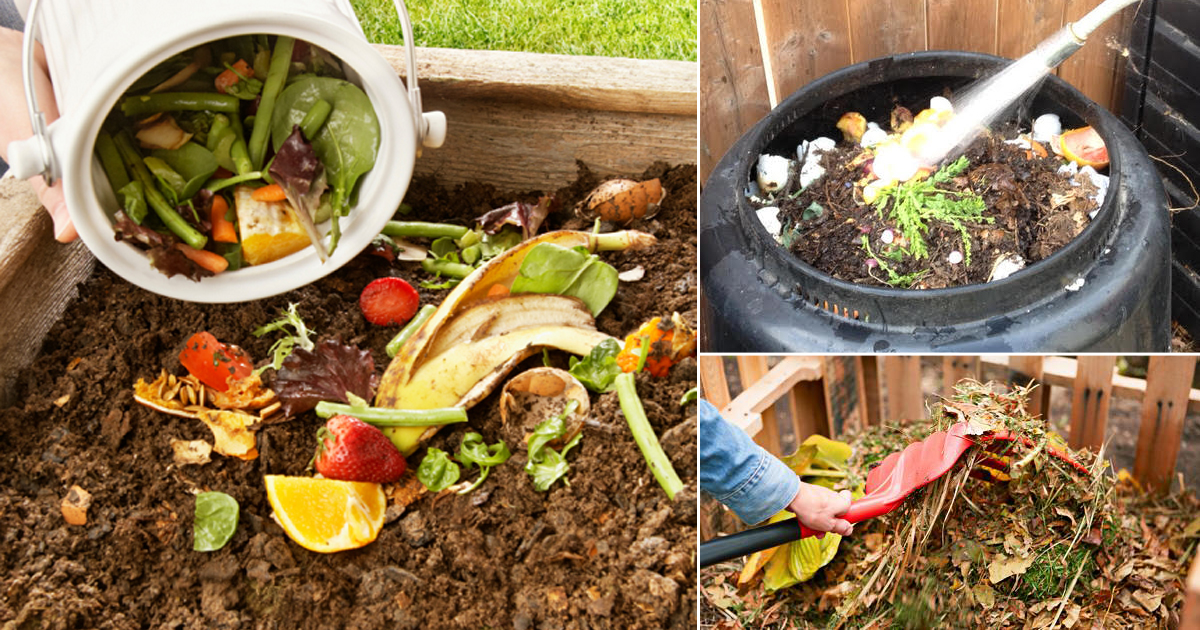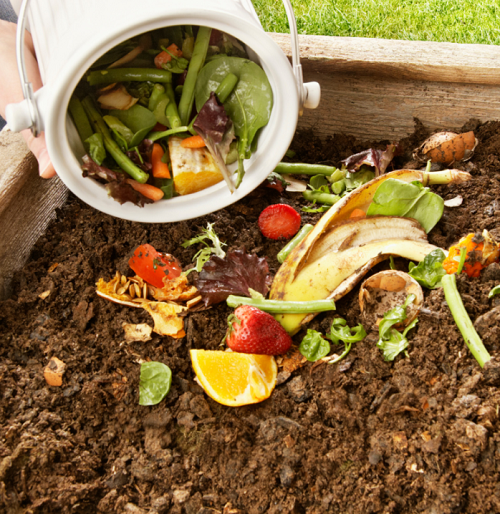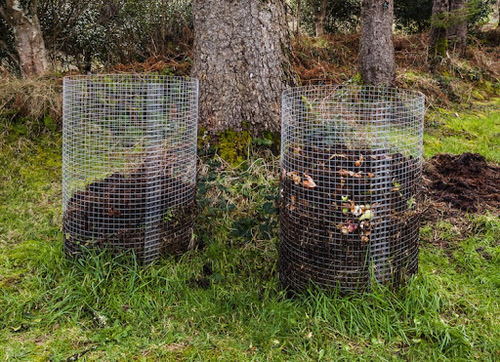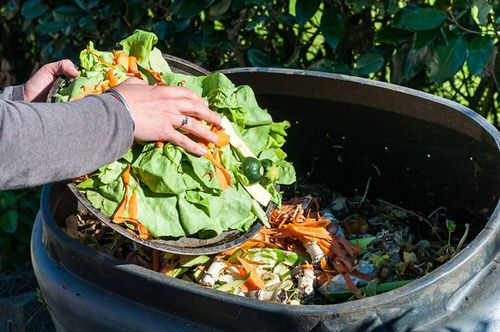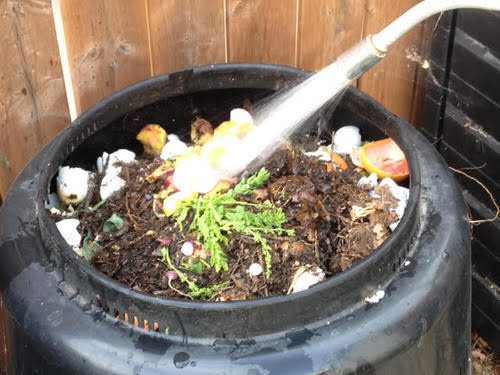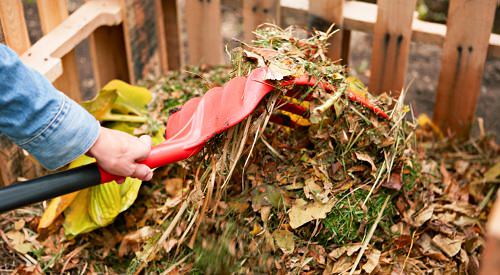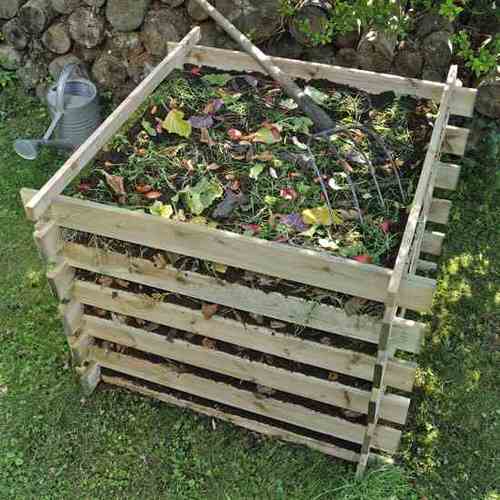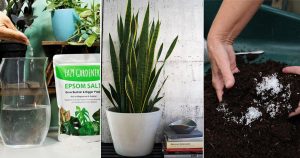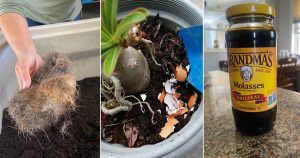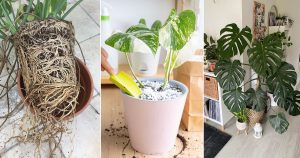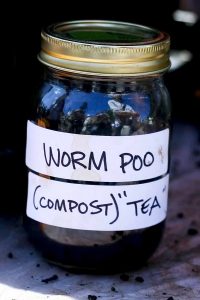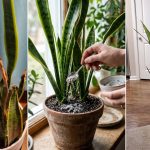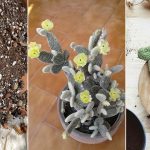Composting is a sustainable way of using organic waste. Read on to learn how to prepare Fertilizer from Food Waste.
Turning food waste into fertilizer is a sustainable and eco-friendly way to encourage plant growth. This process is called composting and is very easy to implement with leftover food waste. Read on to learn the right way of preparing Fertilizer from Food Waste.
What is Composting?
Composting is the process of making a nutrient-rich compound called compost from organic waste. It is an effective fertilizer that enriches the soil and can provide essential nutrients as well as improves the immunity of your plants.
Food Waste That You Can Compost
Here is a list of food waste that you can compost easily at home.
- Fruits, Vegetable leftovers; rinds, cores
- Egg Shells
- Teabags, coffee grounds, and filters
- Nutshells
- Pasta and rice water
- Vegetable broth
Food Waste You Should Avoid Composting
Composting certain foods can be harmful to the growth and health of your plants.
- Dairy products like milk, butter, yogurt, cream, and egg yolk
- Leftover oil, meat, fish bones
- Grease, cooking oil, or fat
- Pet waste
- Non-biodegradable materials such as metals, plastics, glass, synthetic fibers, rocks, or rubber
- Greasy leftover foods
How To Prepare Fertilizer from Food Waste?
1. Buy or DIY a Compost Bin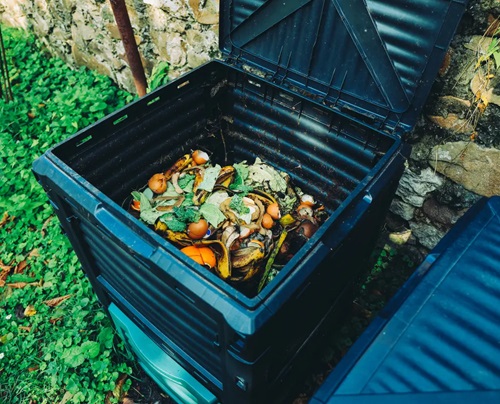
Though you can create a compost pile on the ground, buying a bin makes the process more straightforward to use and manage. Keep the container in a sunny location.
2. Add Food Waste
The next step is to add your food waste, like vegetables, fruit scraps, tea bags, and coffee grounds, to the compost bin. To increase the efficiency of the decomposition process, cut the food waste into small pieces.
3. Add Water in the Compost Bin
If your compost pile is too dry, the composting process will end up taking a long time. So, make sure your pile is moist by adding water to the compost bin. Avoid overwatering, as it will make the contents smell bad.
4. Mix Well
Mix the food waste thoroughly inside the compost bin with a pitchfork and wait for the composting process to happen. Ensure to turn the compost bin every month to speed up the decomposition process.
5. Your Fertilizer from Food Waste is Ready!
Compost becomes ready when it gets a soil-like texture, earthy smell, and dark color. You can now readily use this compost as a fertilizer for your plants.
Remember that fertilizer from food scrap needs frequent adjustment and monitoring. Also, maintain the moisture in a bin or compost pile to support microbial activity.
Trench Composting
Create a trench in your garden soil, approximately 8 to 12 inches deep. Place your food scraps in this trench as you cook and tend to your garden. Each time you add scraps, cover them with a thin layer of soil. Gradually, the buried food waste will break down and enhance the soil with valuable nutrients.
Food scraps and grass clippings decompose directly among your plants, providing nutrients where they’re needed most. This subtle approach minimizes the chance of attracting pests or generating unpleasant smells often linked to conventional compost piles.

